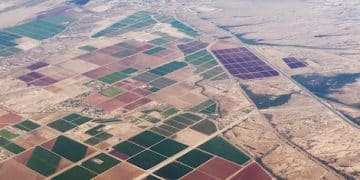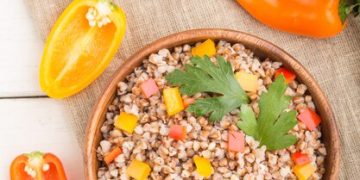The Importance of Hydration: How Much Water Do You Really Need?
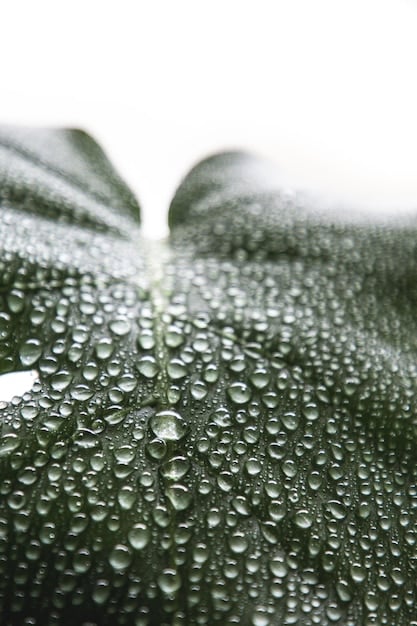
The importance of hydration lies in its vital role in maintaining overall health; understanding exactly how much water an individual needs daily is essential for optimal body function, energy levels, and preventing dehydration-related health issues.
Staying hydrated is crucial for maintaining optimal health, but how much water do you really need? Let’s explore the importance of hydration: how much water do you really need? and practical tips to ensure you’re drinking enough.
Understanding the Basics of Hydration
Hydration is the process of replacing fluids in the body to maintain optimal function. Water helps regulate body temperature, transport nutrients, and remove waste. Without adequate hydration, your body can’t perform these essential tasks effectively.
Why is Water Essential for the Body?
Water makes up about 55% to 78% of our body composition, depending on factors like age and gender. It’s involved in nearly every bodily function.
What Happens When You’re Dehydrated?
Dehydration can lead to a range of symptoms, from mild fatigue and headaches to severe complications like kidney problems and heatstroke.
- Mild dehydration can cause headaches and fatigue.
- Severe dehydration can lead to kidney problems.
- Prolonged dehydration impacts cognitive function.
Maintaining proper hydration is crucial for overall health and well-being. Staying aware of your body’s needs can help you prevent dehydration.
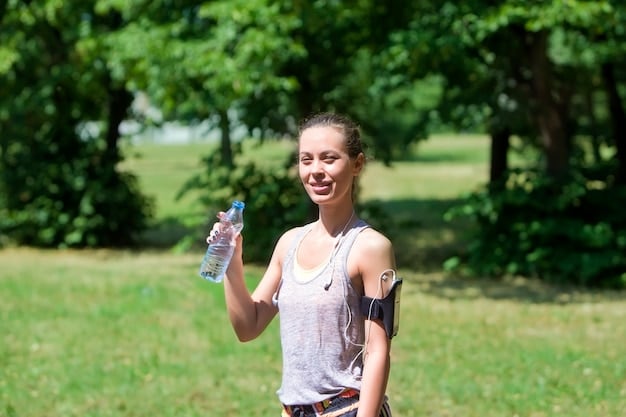
Factors Influencing Your Hydration Needs
Your daily water needs aren’t set in stone. They depend on several factors, including activity level, climate, and overall health. Understanding these factors can help you adjust your fluid intake accordingly.
Activity Level and Exercise
The more active you are, the more fluids you’ll lose through sweat. This is especially true during intense workouts or prolonged physical activity.
Climate and Environmental Conditions
Hot and humid weather increases sweat production, leading to greater fluid loss. Even in colder climates, you can become dehydrated due to increased respiration.
Adjusting your hydration based on these external factors can help maintain your optimal performance and prevent dehydration.
Recognizing the Signs of Dehydration
Knowing the signs of dehydration is crucial for taking timely action and preventing more severe complications. Early detection can help you rehydrate effectively and avoid potential health issues.
Common Symptoms of Mild Dehydration
Mild dehydration often presents with subtle signs that can be easily overlooked. Recognizing these early symptoms is key to preventing further fluid loss.
- Increased thirst is often the first sign.
- Dry mouth and throat indicate decreased saliva production.
- Dark urine suggests concentrated waste products.
- Headaches and dizziness can occur due to reduced blood volume.
Serious Symptoms of Severe Dehydration
Severe dehydration is a medical emergency and requires immediate attention. It can lead to life-threatening complications if left untreated.
- Extreme thirst and dry mouth are intensified.
- Very dark urine or lack of urination indicates severe fluid depletion.
- Rapid heartbeat and breathing can result from the body trying to compensate for reduced blood volume.
- Confusion, irritability, and even fainting can occur due to impaired brain function.
Recognizing and addressing these dehydration symptoms promptly can prevent more serious health issues.
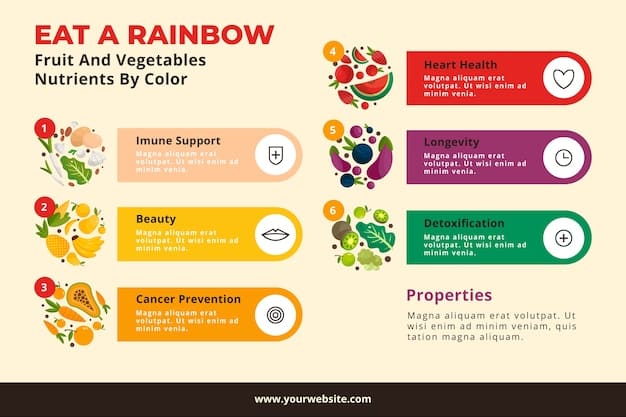
Practical Tips for Staying Hydrated
Staying hydrated doesn’t have to be a chore. Small changes in your daily routine can make a big difference. Here are some practical tips to ensure you’re drinking enough water.
Carry a Reusable Water Bottle
Keeping a water bottle with you serves as a constant reminder to drink throughout the day. Refill it regularly to track your fluid intake.
Set Reminders to Drink Water
Use apps or alarms to remind you to drink water at regular intervals. This is especially helpful if you tend to forget when you’re busy.
Eat Hydrating Foods
Many fruits and vegetables have high water content. Incorporating these into your diet can significantly contribute to your daily fluid intake.
- Watermelon is about 92% water, making it a delicious and hydrating choice.
- Cucumbers are approximately 96% water and provide essential electrolytes.
- Spinach is not only rich in nutrients but also contains a high percentage of water.
By implementing these hydration habits, you can maintain optimal fluid levels and enhance overall health.
Hydration and Performance: The Link
Proper hydration is crucial for both physical and cognitive performance. Dehydration can impair concentration, reduce endurance, and increase fatigue. Understanding this link can motivate you to stay adequately hydrated.
Physical Performance
Dehydration can significantly impact athletic performance. Even mild dehydration can reduce endurance, strength, and coordination.
- Reduced endurance and stamina
- Increased risk of muscle cramps
- Impaired temperature regulation
Cognitive Performance
Staying hydrated is essential for maintaining optimal cognitive function. Dehydration can lead to decreased concentration and impaired memory.
- Reduced mental clarity and focus
- Impaired memory and cognitive processing
- Increased feelings of fatigue and irritability
Maintaining proper hydration levels can significantly enhance both physical and cognitive performance.
Choosing the Right Hydrating Beverages
While water is the best choice for hydration, other beverages can also contribute to your daily fluid intake. However, it’s essential to make informed choices and avoid drinks that can dehydrate you.
Best Beverages for Hydration
Selecting the right beverages can make a significant difference in your hydration levels. Water is the ultimate choice, but other options can also be beneficial.
- Water remains the best option for hydration.
- Herbal teas can offer hydration with added health benefits.
- Coconut water contains electrolytes and can be hydrating.
Beverages to Avoid or Limit
Some beverages can have a dehydrating effect due to their composition and impact on the body.
- Alcohol can lead to dehydration by inhibiting the release of vasopressin, a hormone that helps regulate fluid balance.
- Caffeinated drinks, like coffee and soda, can have a diuretic effect, increasing fluid loss.
- Sugary drinks can lead to dehydration by increasing osmotic pressure in the kidneys.
Making informed choices about what you drink can help you stay hydrated and healthy.
| Key Point | Brief Description |
|---|---|
| 💧 Essential for Health | Hydration aids body functions like temperature regulation and nutrient transport. |
| 🏋️♂️ Activity Matters | Increased activity levels require higher fluid intake to compensate for sweat loss. |
| 🍎 Eat Hydrating Foods | Fruits and vegetables like watermelon and cucumbers contribute to your daily fluid intake. |
| 🥤 Choose Wisely | Opt for water and herbal teas, while limiting alcohol and sugary drinks. |
[Seção de Perguntas Frequentes]
▼
The general recommendation is about 15.5 cups (3.7 liters) of fluids a day for men and about 11.5 cups (2.7 liters) of fluids a day for women. However, individual needs vary.
▼
Early signs include increased thirst, dry mouth, dark urine, and headache. Pay attention to these cues and increase your fluid intake to prevent dehydration.
▼
Yes, you can. Herbal teas, coconut water, and fruit-infused water are good alternatives. However, limit sugary drinks and alcohol, as they can dehydrate you.
▼
Exercise increases fluid loss through sweat. Drink water before, during, and after physical activity to stay hydrated. Consider electrolyte-rich sports drinks for intense workouts.
▼
Yes, definitely. Incorporate hydrating foods, such as watermelon, cucumbers, and spinach, into your diet. These foods have high water content and provide essential nutrients.
Conclusion
Understanding the importance of hydration: how much water do you really need? is crucial for maintaining optimal health. By paying attention to your body’s signals, adjusting your fluid intake based on various factors, and making smart beverage choices, you can ensure you stay adequately hydrated and perform at your best.


